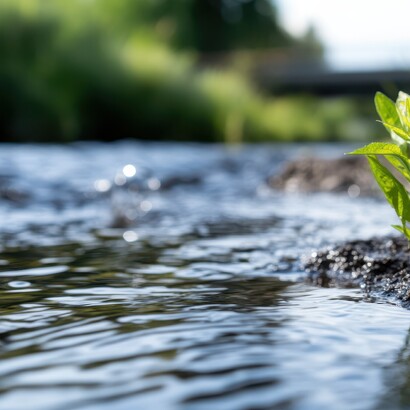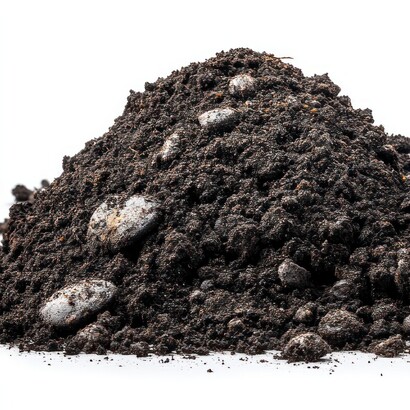The Importance of Soil
At Kiwi Fertiliser we prioritise soil health and fertility because we know soil is the most important element of any farming enterprise. It is our natural capital and must be cherished, not abused.
Our founding principle is to change New Zealand agriculture for the better, by improving soil health and fertility. When the soil is healthy, the microbial life flourishes. Everything ends up in equilibrium, and there are countless benefits for your farm.
Our highly experienced consultants will come to your farm and help your put your soils into balance, using highly specific testing and custom blended fertiliser mixes.
The Three Soil Sciences
Chemical
This refers to the minerals, including nutrients, that make up the soil. This aspect of the soil is measured using soil analysis techniques. Soil tests often do not give total nutrient levels but attempt to give relative concentrations that reflect plant availability. Changes in the chemistry of soils affects:
Soil biology, organism health, populations, and diversity.
Soil physical structure. Soils with adequate calcium and correct magnesium are the best structured soils.
Physical
Refers to the structure of the soils; hardness or sponginess, friable nature, porosity, water holding capability. Changing the physical aspect of the soil affects:
Nutrient weathering, water holding ability, and nutrient availability.
The biology of the soil. Tight compacted soils may not be able to accommodate large soil organisms like worms and insects. A lack of oxygen equals a lack of beneficial soil organisms.
Biological
The biology of the soils is one of the hardest aspects of the soil to measure and interpret. The simplest and most manageable way is by observation; visible fungal mycelia, balanced biology in general, soil smell, the rate at which dung breaks down, and stubble degrades, and the number of worm casts. General health, condition and appearance of livestock, and the dairy oxidation pond, also reflect soil health.
We do have a service where we can sample the spoil and photograph it through a microscope, and score it accordingly. That way, you can keep tabs on biological activity and follow its progress through time.
Changing the biological aspect of the soil affects:
Nutrient weathering and nutrient availability. Soil organisms are involved in the decomposition of soil minerals and organic residues into soil and plant nutrients.
The structure of the soil by the decomposition of organic residues. Organic cements (glomalin) are produced which help glue soil particle together. Plant roots increase soil aggregate stability.
The philosophy behind the Albrecht-Kinsey system is to “use the chemical (fertiliser) to change the physical (soil structure) to provide the environment for the microbes”. We at Kiwi Fertiliser also provide microbes and microbial food that leads to reduction of the chemical inputs. This will lead to reduced nitrogen applications and increased production and profit.
The right microbial environment translates directly to high production and superior stock/vine/tree health. These three phases of the soil are interdependent. You cannot change one without affecting the others. Some fertilisers are just not suitable to be used on the soil.





